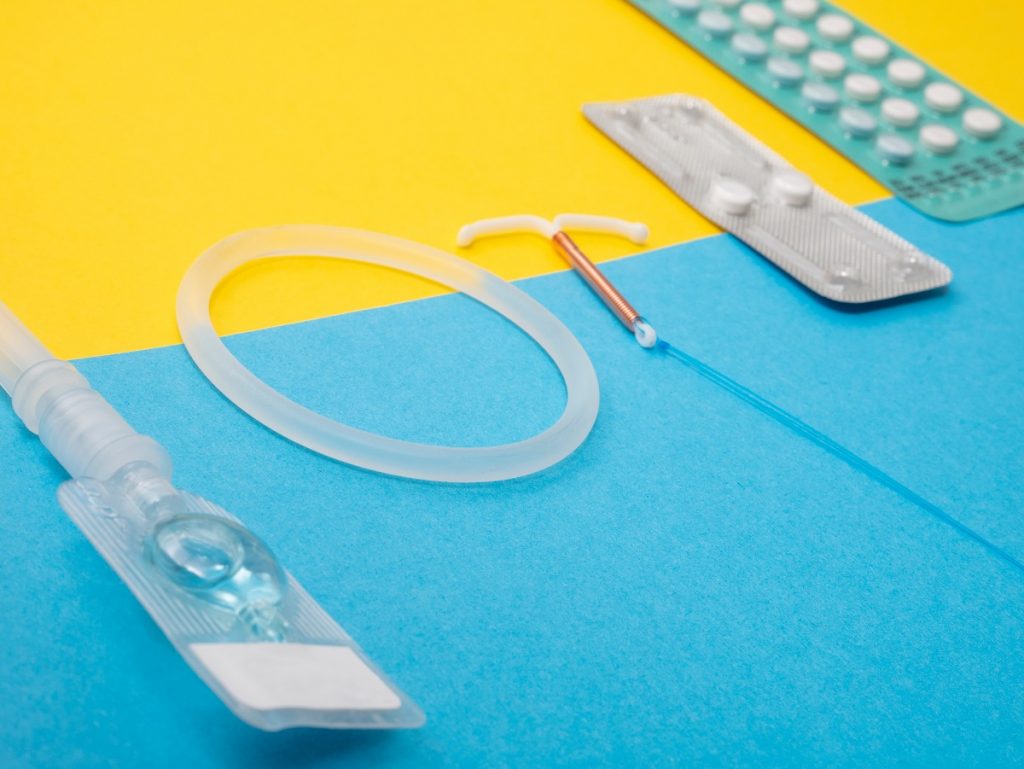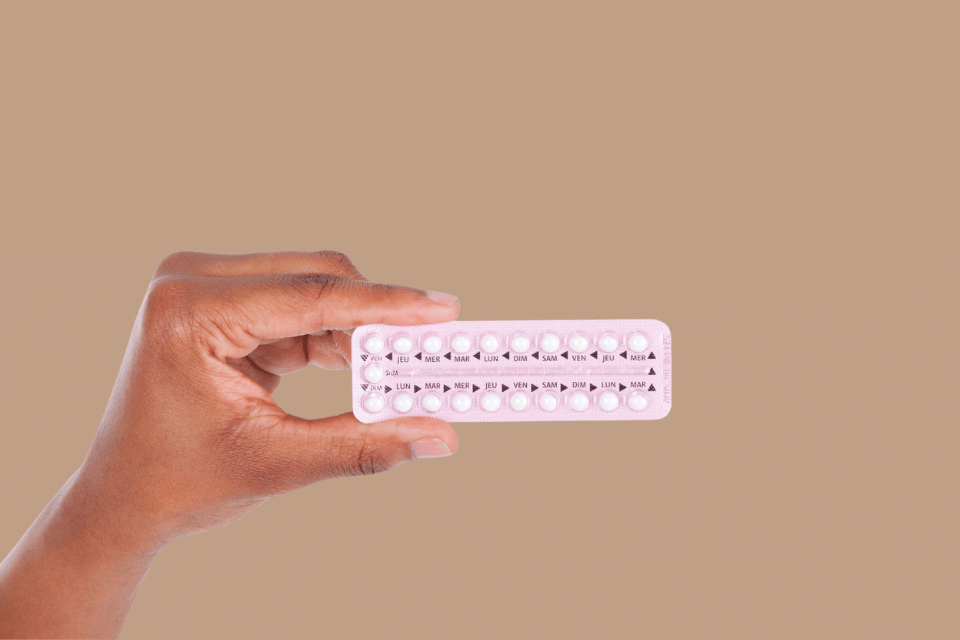Gonorrhoea is a global disease infecting approximately 87 million people annually, according to the World Health Organization. South Africa has one of the highest rates of sexually transmitted infections (STIs) in the world, including for gonorrhoea. Estimates show that every year around two million people in the country get infected with the gonorrhoea bacterium, which could be an underestimate because most women don’t show any symptoms, according to a study published in the journal PLOS ONE in 2018.
The virus works by developing tiny hair-like proteins which attaches to human cells. If left untreated, gonorrhoea can lead to pelvic inflammatory disease, inflammation of the fallopian tubes as well as disseminated infection in the blood. If left untreated, these more serious complications can result in sterility, ectopic pregnancy, septic arthritis, and occasionally death. A more worrying trend is also emerging where patients infected with the bacteria are at a higher risk of contracting HIV.
Gonorrhoea is commonly spread during sex but it can also be transmitted during childbirth, which is why it’s so important for pregnant women to be tested. It’s recommended to get tested every year if you’re a woman who is sexually active, has a new sexual partner or more than one sexual partner.
Symptoms of Gonorrhoea
The hallmark symptom of a gonorrhoea infection is pustular discharge, which appear as blister-filled sores on the skin in men. You might also experience painful urination, increased vaginal discharge and bleeding between periods, even after sex. You could also experience abdominal or pelvic pain. Sometimes, women have no symptoms at all.
It’s important to note that gonorrhoea can also affect the rectum, leading to anal itching and pus-like discharge. It can affect the eyes, causing light sensitivity and eye pain, the throat, leading to swollen lymph nodes and even the joints, if they become infected with the bacteria. This would create warm, swollen and painful joints that hurt when moved.
Gonorrhoea Treatment
Infections lead to limited immunity, so it’s possible that you can become repeatedly infected. For this reason, wear a condom during sex. If it seems that your partner has an STI, ask them to get tested.
Treatment includes antibiotics, but there’s a growing concern about drug resistance. In South Africa, treatment is administered using two drugs in the hope that the infection would develop less quickly if treated in this way. One drug is ceftriaxone, which is an intramuscular injection, and azithromycin, taken as two tablets once-off. But one study has shown that there is significant resistance to the medication of more than 60%, per study authors. For this reason, it’s important to practise safe sex and limit your exposure to gonorrhoea.

